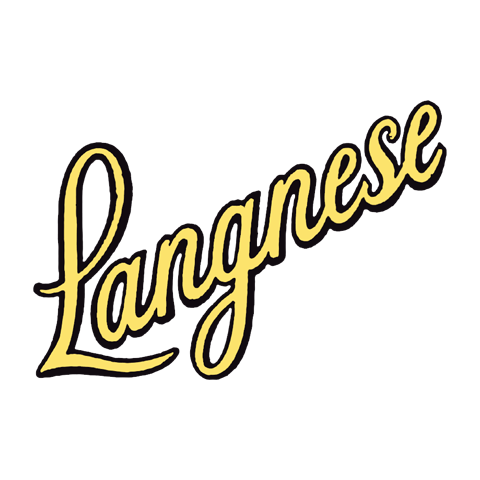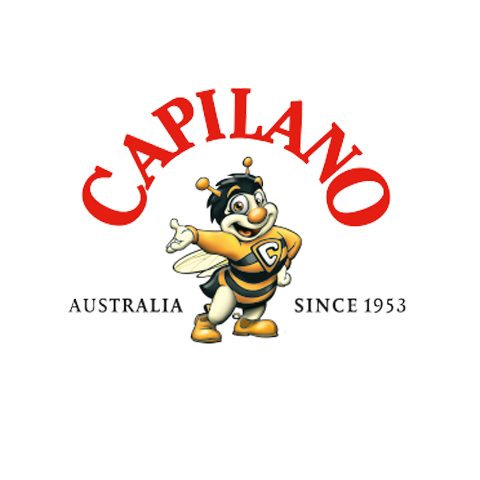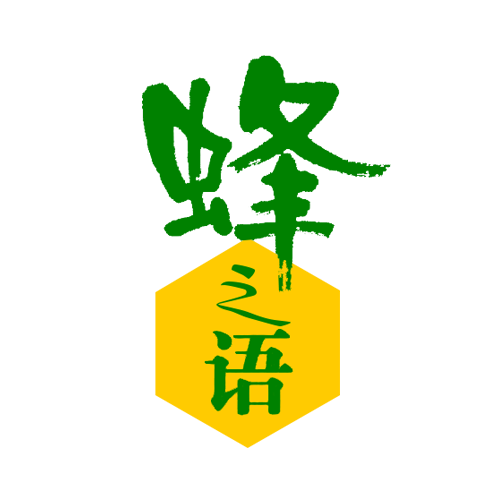Founded in 1974, Comvita is not only a leading brand in Manuka honey, but also a honey giant in New Zealand. In the early years, Comvita mainly focused on the local market, but in recent years, it has extended its tentacles to the world, and since its official landing in the Chinese market, it has quickly occupied a place in the domestic honey market, with good reputation and sales.
Comvita has unique advantages in terms of the source of honey and the safety of bee products. New Zealand has a pure and pollution-free natural environment, and is the only country in the world that has legislation prohibiting beekeepers from feeding bees with antibiotics, which has also made the quality of its honey products recognized around the world.
Comvita is also strict in the selection and post-processing of honey sources. Comvita's hives can be found throughout New Zealand, including the most remote and polluted native forests, to ensure maximum nectar purity. Automatic depth filtration is used for the collected honey source, which can effectively remove impurities. The low-temperature granulation process can make the honey have less moisture content and more viscosity, and retain the dense taste of the honey to the greatest extent.
New Zealand is the world's largest producer of the Manuka tree, and like other New Zealand honey brands, Comvita is dominated by Manuka honey. Manuka honey is famous mainly because the antimicrobial factors (mainly hydrogen peroxide) of Manuka honey are much higher than other honey varieties, with Comvita being the most popular. The antimicrobial ability of Comvita Manuka honey is divided into UMF5, UMF10, UMF15 and UMF20, and its price is also very expensive in honey products, several times higher than other brands of honey.
Unfortunately, the antimicrobial value of the antimicrobial factors contained in Manuka honey brands, including Comvita, has been deified, resulting in a certain level of brand premium. There is currently insufficient scientific evidence to prove that Manuka honey has a medical effect other than antimicrobial application when applied externally. If it is only used as an antibacterial drug for trauma, you can also choose some low-cost professional drugs.
Of course, nutritional value aside, Comvita's Manuka Honey is still a very reliable product compared to other honeys. In the evaluation of China's "Consumer Reports", Comvita's Manuka honey performed well in a number of indicators, not only passed the basic SMX (syrup marker test), the UMF grade was consistent with the label, but also second only to Guanshengyuan's acacia honey in terms of amylase value and hydroxymethylfurfural content, and its glycerin content was only weaker than COFCO Shancui acacia honey among the 8 tested products.
Comvita's honey is packaged in a simple and unobtrusive bottle with a jar design that makes it easy to pick up honey. The bottle is mostly brown, and the sealing and shading properties are good. Comvita honey bottles themselves are lightweight, making them easy to store, transport and carry. Red and black are the classic colors of its product packaging, and its appearance is obviously more classy compared to the packaging of most domestic honey brands.
Comvita honey is dark brown in color with the distinctive taste of Manuka nectar. Compared with domestic honey, Comvita honey is more viscous, has pale golden crystals, and has a sweet and rich taste in the mouth. Due to the different UMF grades, the price of 500g packs ranges from 239 yuan to 439 yuan.
In addition, Convita also has multifloral honey and clover honey, among others. Among them, multifloral honey is combined with the original honey of alfalfa, thistle, wildflowers and other plants grown in New Zealand forests, the honey has a uniform texture, sweet entrance, and the price of 500g is 129 yuan. Clover honey flower source from the nature reserve in the remote canyon of New Zealand, honey is fragrant and delicate, sweeter and can be used for cooking dishes, 500g is priced at 139 yuan.












